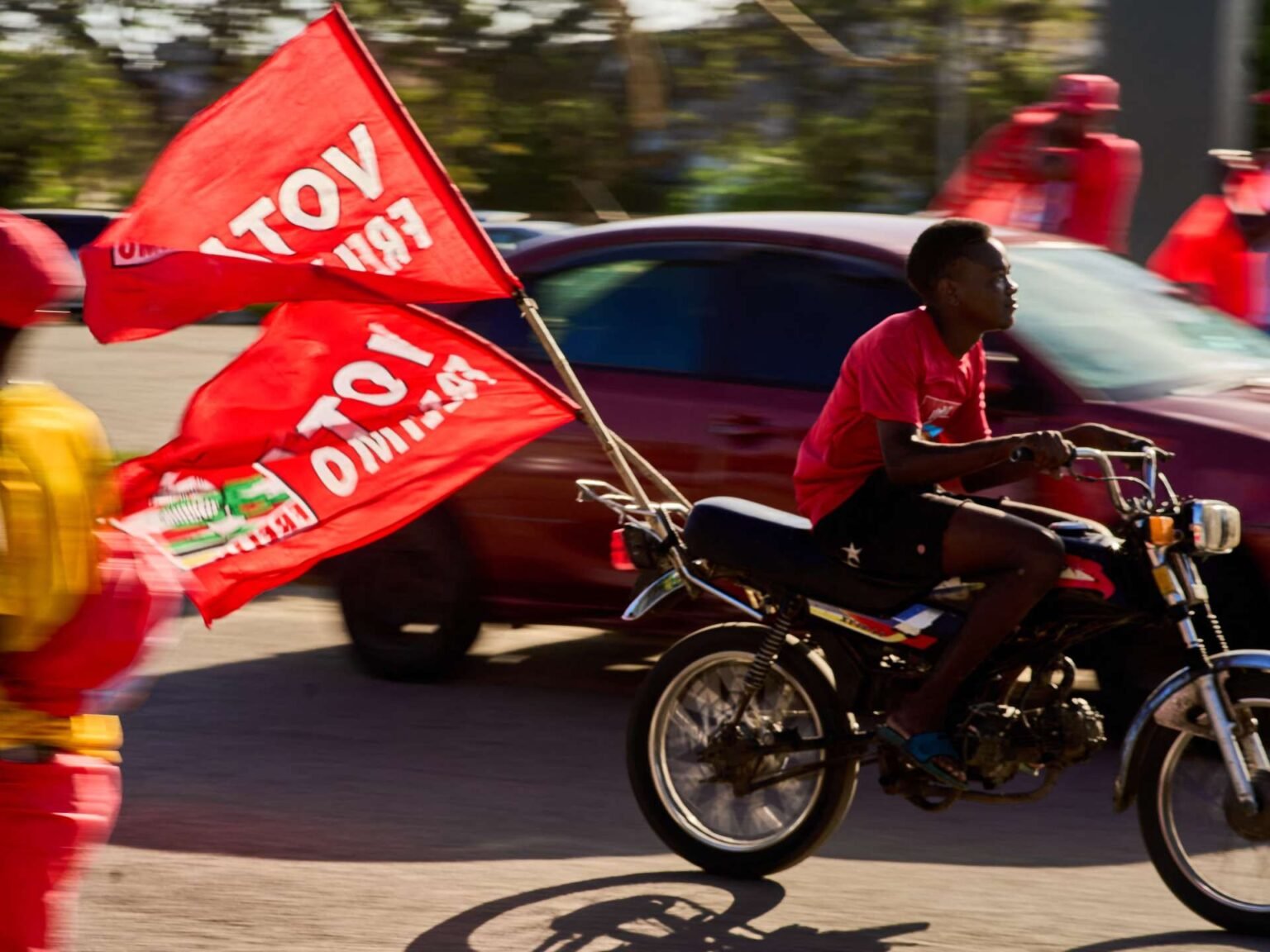On Wednesday, Mozambicans are gearing up to participate in elections that could bring in a president born after the country’s independence in 1975. With 17 million eligible voters out of a population of 32 million, the coastal nation will also have parliamentary and provincial elections in all 11 provinces. President Filipe Nyusi, from the ruling Frelimo party, will be stepping down after completing two terms in office. His presidency has been overshadowed by a corruption scandal known as the “tuna bond” that implicated top Frelimo officials. As the nation heads to the polls, voters are divided on the promises of change from the various candidates, reflecting a desire for a new direction in a country marked by poverty and armed conflict.
Among the four approved candidates for the presidency is Daniel Chapo, a newcomer to politics but a rising figure within the Frelimo party. Chapo has distanced himself from the corruption associated with Frelimo and has pledged to restore peace in the conflict-ridden Cabo Delgado province. His main competitor is Ossufo Momade, the leader of the opposition Renamo party, who signed peace accords to end the post-civil war rebellion in 2019. Venancio Mondlane, an independent candidate backed by a coalition, has garnered support from young voters who see him as a symbol of change. Lutero Simango, from the Democratic Movement of Mozambique, is focused on economic development through industrialization.
Apart from the presidential race, voters will also be selecting members of parliament and provincial governors. The elections come at a critical time for Mozambique, with key issues such as the armed conflict in Cabo Delgado, economic development, and climate resilience at the forefront of political discussions. The conflict in Cabo Delgado, fueled by ISIL-Mozambique, has displaced over 1.3 million people and threatens the country’s gas-rich resources. The candidates have also been addressing high levels of poverty and unemployment, exacerbated by the COVID-19 pandemic, and the impact of corruption on the economy. Climate resilience is another key issue, with Mozambique vulnerable to climate shocks that worsen hunger crises.
Vote counting will begin immediately after the polls close, with partial results expected to be announced as they are tallied. The National Election Commission will officially announce the results within 15 days, giving contesting parties the opportunity to file objections with the Constitutional Council. The outcome of these elections will shape the future of Mozambique, with a potential shift in leadership that could address longstanding challenges and set the country on a new path of development and stability. As the nation waits for the results, there is anticipation and hope for a peaceful and transparent electoral process that reflects the will of the Mozambican people.












